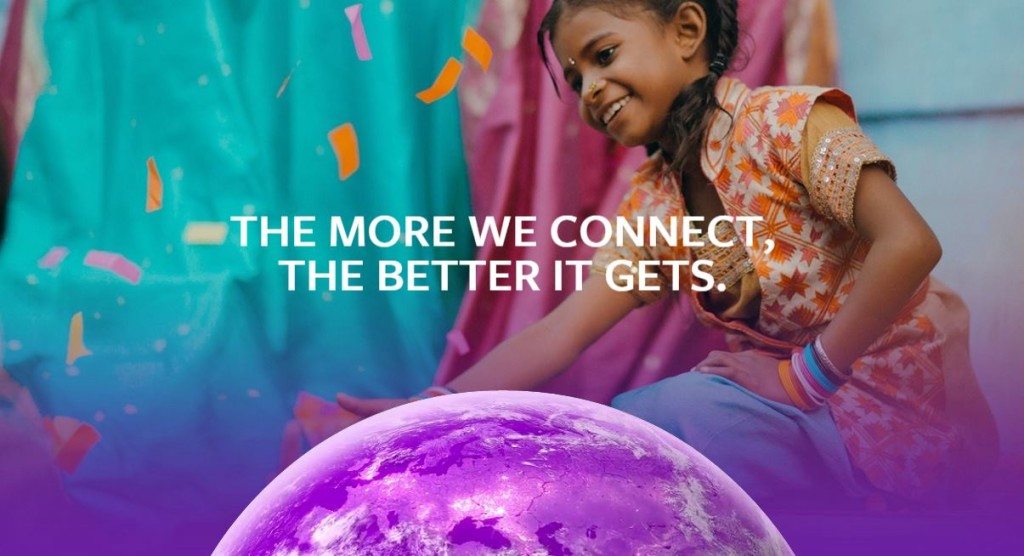Net Neutrality has been a hot topic this year in the wake of the epic FCC vote at the end of February. Facebook had its own vision of how to deliver free Internet to the world with Internet.org, but the project fell under criticism because the participating services were hand-picked by Facebook. In response to the backlash Facebook announced yesterday that it is opening Internet.org to all developers and turning it into an open platform.
Facebook has been one of the biggest supporters of Net Neutrality. Facebook, however, took the idea beyond simply preventing ISPs in the United States from throttling traffic and created Internet.org. The goal of Internet.org is to provide Internet access and related resources for free to people around the world who do not have affordable access.
It might seem surprising to those of us who are used to having access to high-bandwidth Internet all the time but the fact of the matter is that nearly two-thirds of the global population does not. It is a luxury for them rather than a necessity. Internet.org is based on this fundamental principle that people who cannot afford Internet access should have it as a right. People shouldn’t have to choose whether to buy food and other basic amenities of life or pay for Internet access.
Although Facebook created Internet.org to make the Internet more inclusive for all it was also highly selective about the services offered and limited participation to a chosen few. Some questioned Facebook’s motives and accused Facebook of trying to create its own proprietary Internet rather than helping to open access. Now Facebook has opened Internet.org to all developers and transformed it into an open platform.
In a blog post announcing the changes to Internet.org Facebook explained, “Our goal with Internet.org is to work with as many developers and entrepreneurs as possible to extend the benefits of connectivity to diverse, local communities. To do this, [inlinetweet prefix=”null” tweeter=”null” suffix=”null”]we’re going to offer services through Internet.org in a way that’s more transparent and inclusive[/inlinetweet].”
Facebook has a few guiding principles which govern entry into this otherwise free-for-all developing platform. One principle is that the services and applications available on Internet.org should encourage users to explore further and developers should not just keep them hooked or locked to their own company-specific products. Another guiding principle is that the applications should be optimized for smartphones and mobile devices because for many people it is the only access they have to the Internet. Last but not least the sites or applications must be efficient and not hog bandwidth.
It remains to be seen how successful Facebook will be with Internet.org. It is a valiant goal, but even in countries such as India where there is lot of talent and manpower companies and individuals might not be interested in stretching beyond a certain limit to provide free goodies to the platform just to be a part of it. Not everyone has the resources of Facebook and will be more concerned about their own business prospects rather than merely being a part of a social movement—even if it is for the good of all.
A lot of questions and hurdles remain. With Facebook and Internet.org—and those who support and contribute to the Internet.org platform—though, there may yet come a day when Internet access is as natural as sunlight on your face or the air you breathe.



